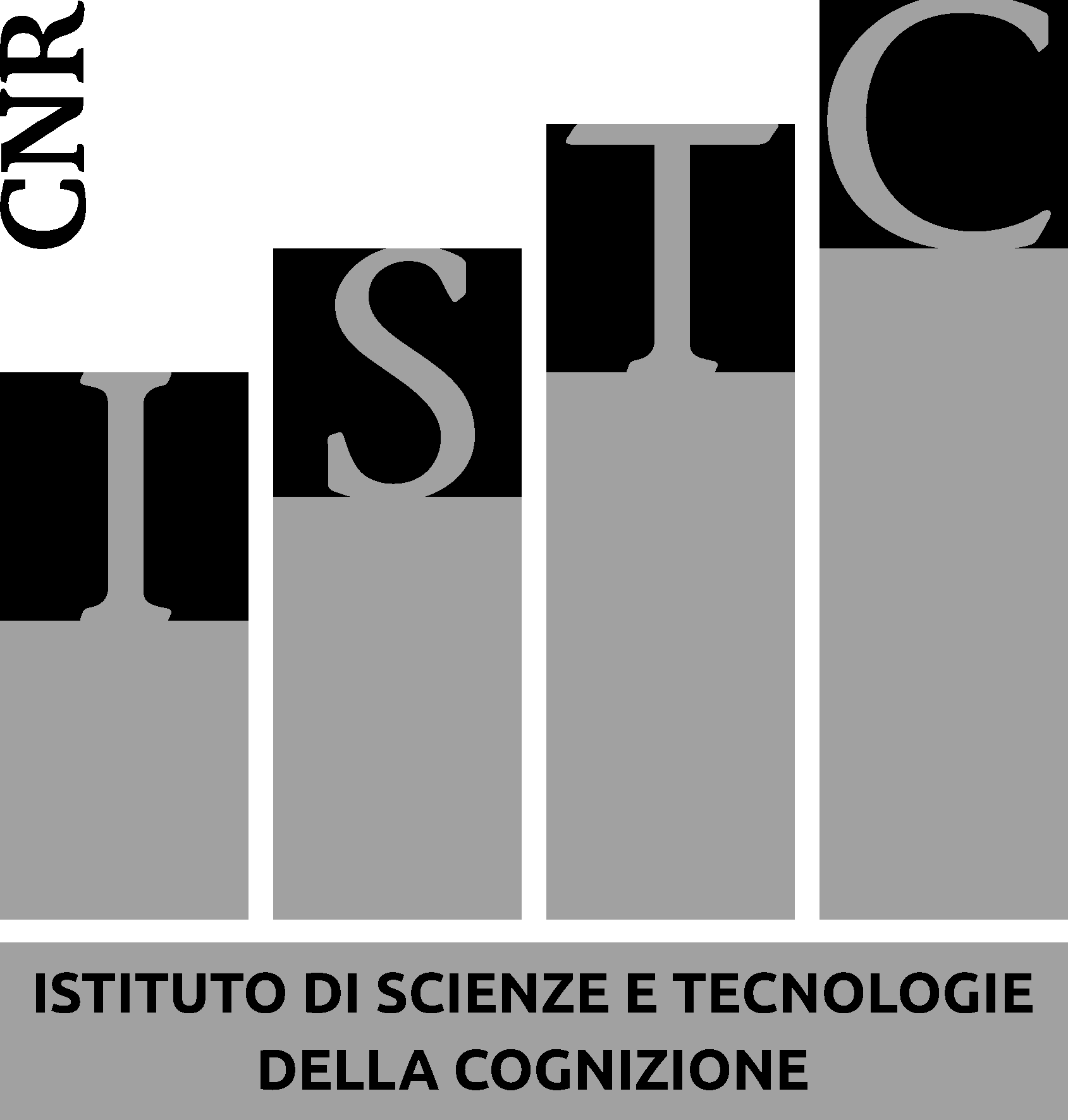Christine Yoshinaga-Itano
Dr. Christine Yoshinaga-Itano is a Research Professor, Institute of Cognitive Science, Professor Emerita, Department of Speech, Language & Hearing Sciences, at the University of Colorado, Boulder, and Visiting Professor, University of Witwatersrand, South Africa, Centre for Deaf. She has over 125 published articles and chapters with a focus on universal newborn hearing screening and predictors of developmental outcomes of children with hearing loss with an emphasis on children and families from multicultural/linguistic backgrounds, and those with socio-economic and linguistic challenges. She received Honors from the American Speech/Language & Hearing Association and was Jerger Career Research Awardee from the American Academy of Audiology. She serves as an Associate Editor for the International Journal of Audiology and is a member of the Audiology committee for the International Association of Communication Sciences and Disorders (IALP).

Maartje De Meulder
Maartje De Meulder is a senior researcher at HU University of Applied Sciences Utrecht, and Honorary Research Fellow at Heriot-Watt University. She is a leading expert in the field of Deaf Studies, with a particular and interdisciplinary focus on sign language policy and planning, sign language technologies, and Sign Language Interpreting Studies. Her research roadmap addresses contemporary societal challenges faced by deaf communities, and her work has been published in a range of different journals such as Human Rights Quarterly, Language Policy, and Translation and Interpreting Studies. She has co-edited Innovations in Deaf Studies (Oxford University Press, 2017) and The Legal Recognition of Sign Languages (Multilingual Matters, 2019) and has been a guest editor of several special issues of journals. She is passionate about supporting the development of Deaf Studies as an academic field of research and teaching. Additionally, she is dedicated to supporting capacity building of deaf scholars as one of the coordinators of the successful dr Deaf workshops. Find out more about her publications, presentations and media appearances on her personal website.







